[ad_1]
The World Agri-Tech Innovation Summit was teeming with intriguing conversation – from supporting farmers to run their own trials, to leveraging the UK’s “soft powers”, the emerging role of engineering biology, and whether biodiversity improvement is more important than carbon reduction.
Landing as it did – slightly inconveniently – amid a raft of the Prime Minister’s announcements rowing back on climate commitments, it was heartening to see the agri-food industry ploughing ahead (not literally) in effecting change for good, regardless.
There was much to showcase: technology innovators are pushing forward with robotic solutions, non-chemical weed controls are being developed, and blockchain is being employed to ensure governance and provenance of on-farm interventions. And there was no shortage of investors raising funds and seeking deal flow.
Plus in certain Government Departments, there are important levers being deployed.
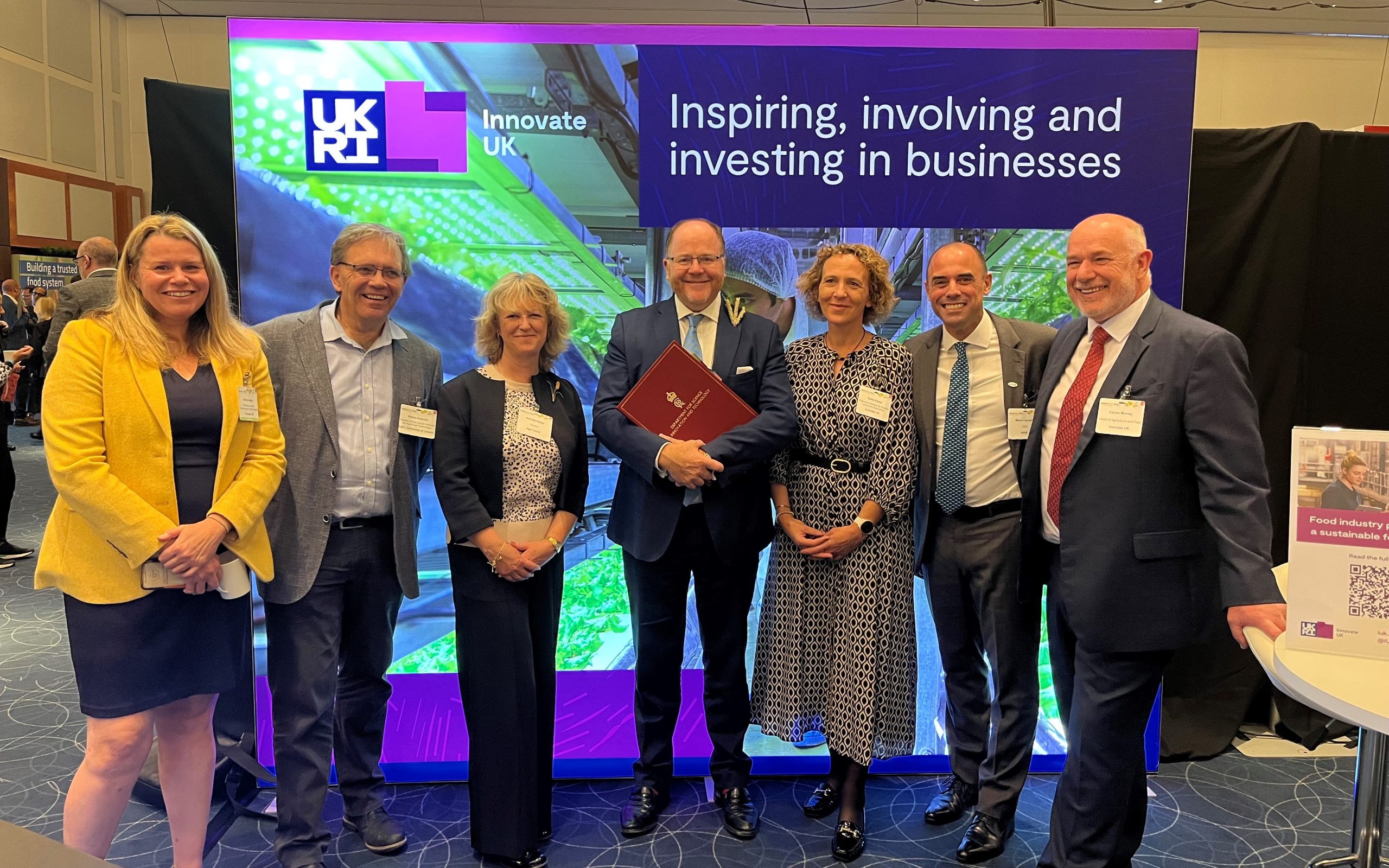
UNLOCKING AGRI-TECH INVESTMENT
George Freeman, Minister of State in the Department for Science, Innovation and Technology, announced plans for a merger of three of the four UK agri-tech Centres into a single “Catapult” structure (CHAP, CIEL and Agri-EPI – while Agrimetrics pursues its own commercial plans).
More energy will go into promoting the UK’s investment offering internationally which will be supported by a new “heat map” of agri-tech activities across the UK. This is intended to help in the global race for investment, unlocking new sources of finance from sovereign wealth funds, pension funds and other overseas investors.
A new “Grant Application Office” is also being set-up to help applicants access funding from the European Horizon funding programme to which the UK has recently negotiated access.
Deployment of ELMs and natural capital accounting will – the Government hopes – also unlock new finance around Environment, Social and Governance investing.
UNLOCKING INNOVATION
Regulation – of the appropriate level – is another of the government’s levers to help accelerate the industry, and the Genetic Technology (Precision Breeding) Act earlier this year is an example of enabling agri-tech to leverage fresh investment into new crop variety development.
In addition, a strengthened commitment to “engineering biology” (previously named as one of the five “Critical Technologies” by the UK’s Science and Technology Framework) will see agri-food as a priority sector with a number of R&D Hubs created.
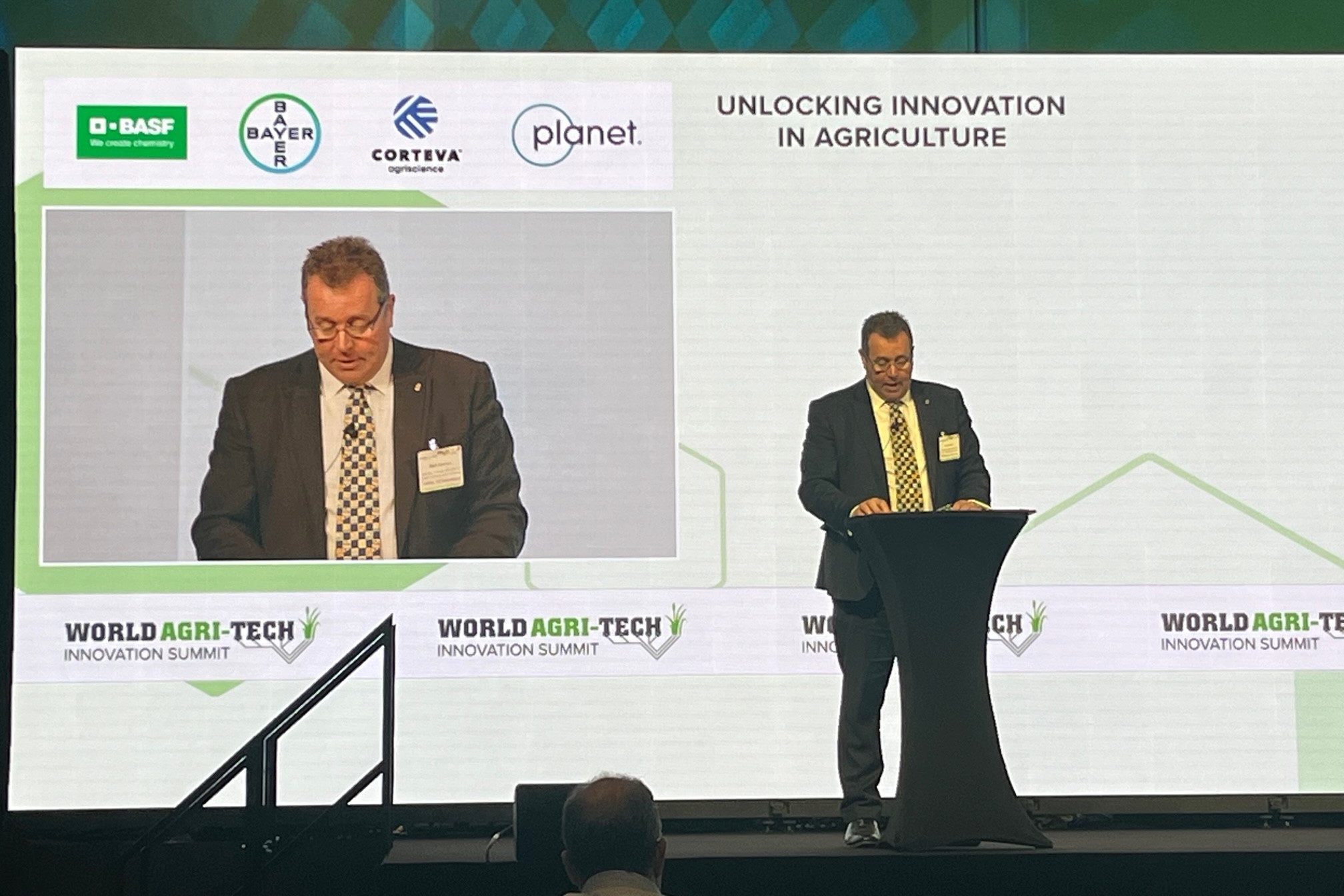
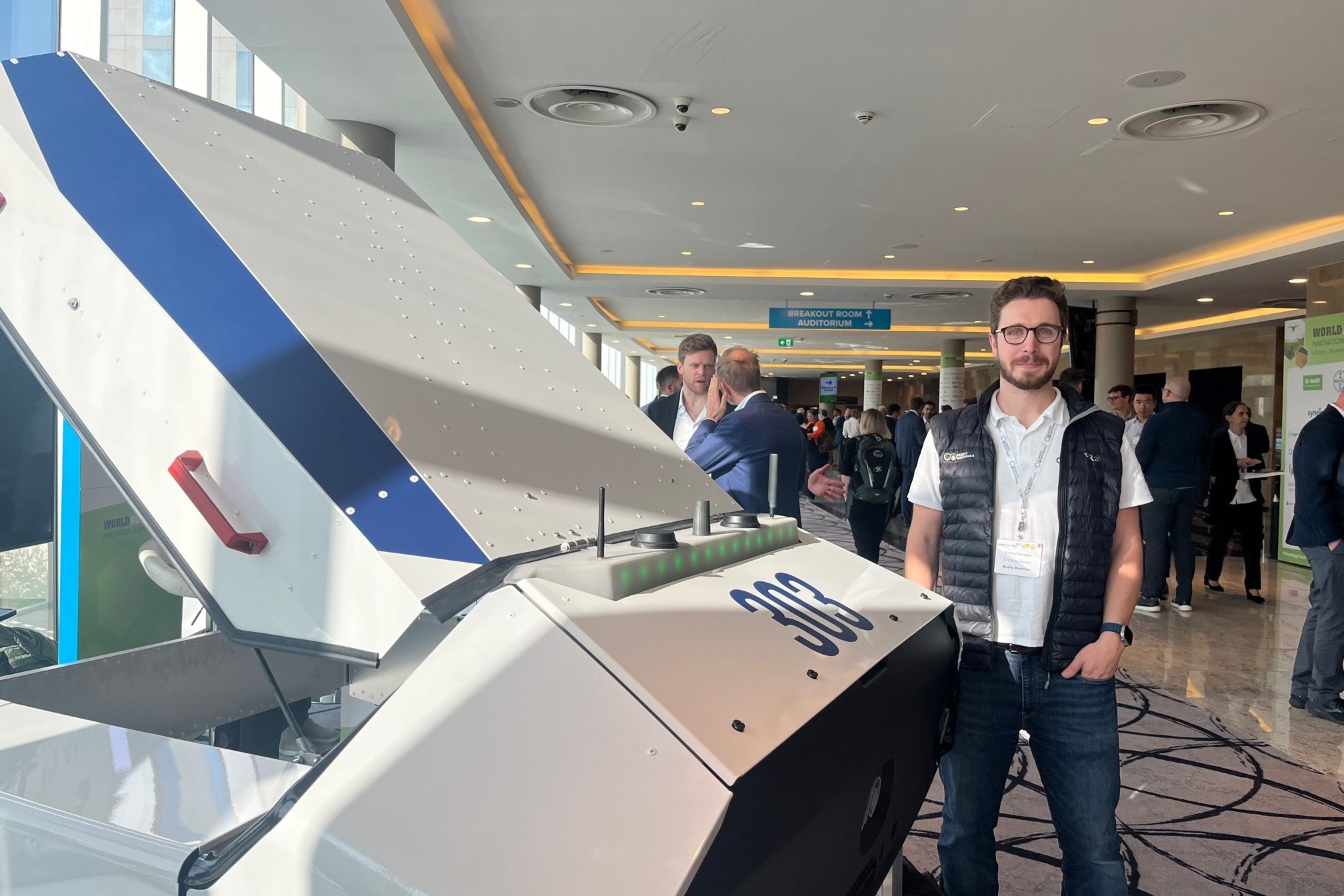
UNLOCKING ON-FARM POTENTIAL
Defra’s Minister of State, Mark Spencer MP reiterated the fact that agri-food is a mission at the heart of Government. We can expect to see more emphasis on supporting farmer adoption of technology in 2024, through the 3rd phase of the Farm Innovation Programme. This will see a new scheme to support farmers to run their own trials, test the tech and de-risk adoption.
By 2027, over £500m / year will be invested in nature recovery, and by 2030 this figure will top £1bn. Yet still, for farmers at least, carbon trading, measuring environmental parameters meaningfully, and the monetisation of natural capital, remains opaque.
During one of the sessions, when asked to comment on the statement: “biodiversity is more important than carbon reduction”, three members of the expert panel claimed it was a false statement, one claimed it was true, and one said they were both equally important. Probably reflecting the fact that, even among experts, a clear and obvious way forward is lacking.
Given the UK is now seven years post Brexit, Minister Freeman reminded delegates that, given a clear strategy, farming has always risen to the challenge and delivered.
A call-to-arms of the need for clarity, indeed.
A “SUPERPOWER” WITH SOFT POWERS
The UK has ambitions to become a “science superpower” but at WATIS we heard about ambitions to deploy “soft powers” – the influencing, leveraging, leading by example and sharing best practice with the rest of the world.
This is a way to effect global change, diplomatically, using best-in-class proven approaches, and we can expect to see more of these powers being deployed.
The C- WORD
But the word at the heart of it all the discussions was CAPITAL. Whether natural capital, securing overseas investment into UK plc, or Series A investment for growing businesses, money really does make the agri-tech world go round.
Innovators were reporting the growing difficulties of securing funding, that it is increasingly more challenging to raise money and there was the ever-present conversation about supporting companies in their growth and expansion, rather than merely nurturing – as Minister Freeman put it – “incubated companies for the NASDAQ.”
Overall, the mood music was positive – the networking was vibrant, energetic and there was broad agreement over the challenges and opportunities. But to go “further and faster”, as the Ministers acknowledged, we need a concerted global effort. Setting aside politics, agendas and even egos.
When it comes down to it, WATIS was a collection of several thousand people all with the same overall agenda: to get technology into the hands of farmers. We may all go about it in slightly different ways but that’s a pretty unifying agenda.
We were proud to be a marketing partner of WATIS 2023 – see you next year!
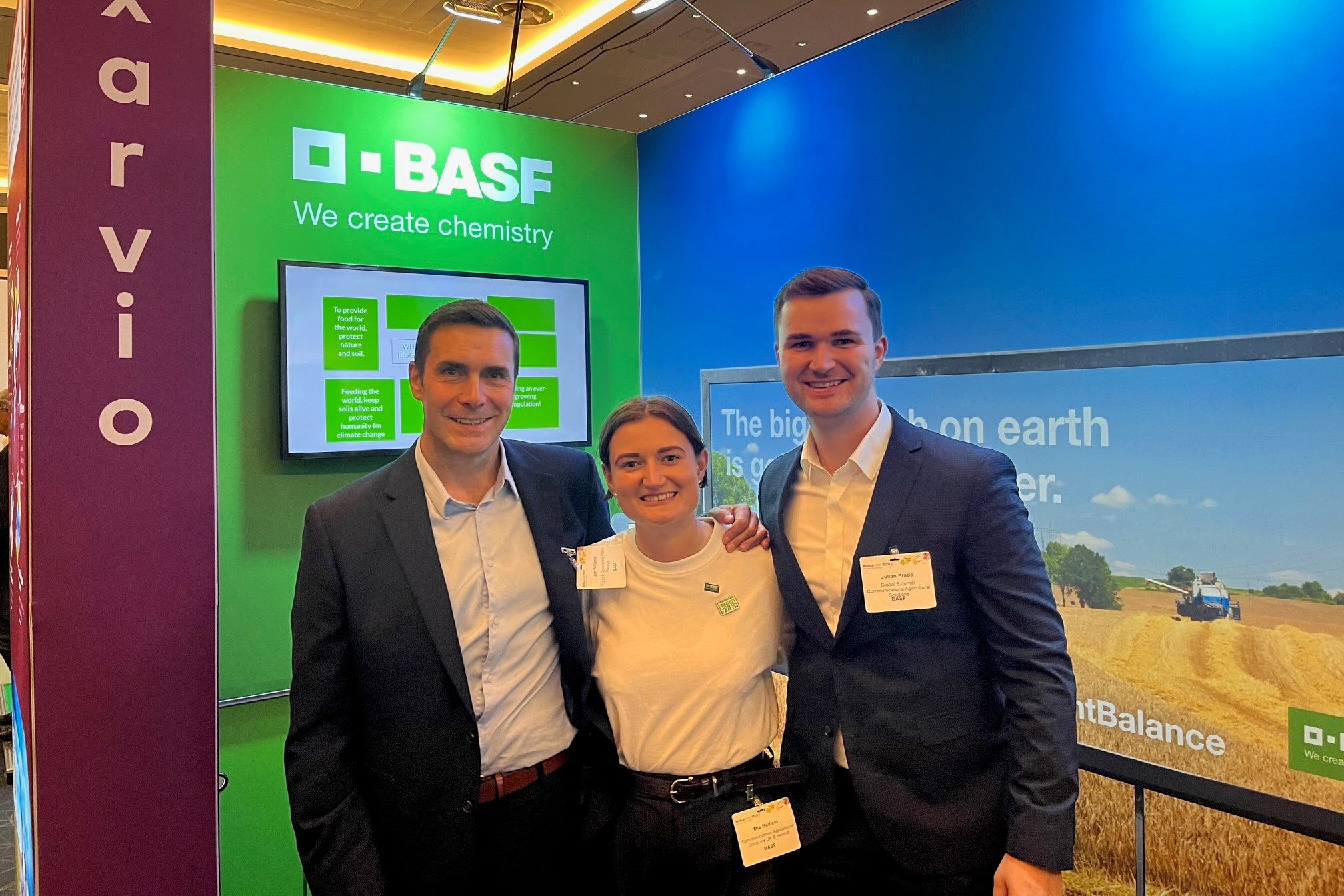
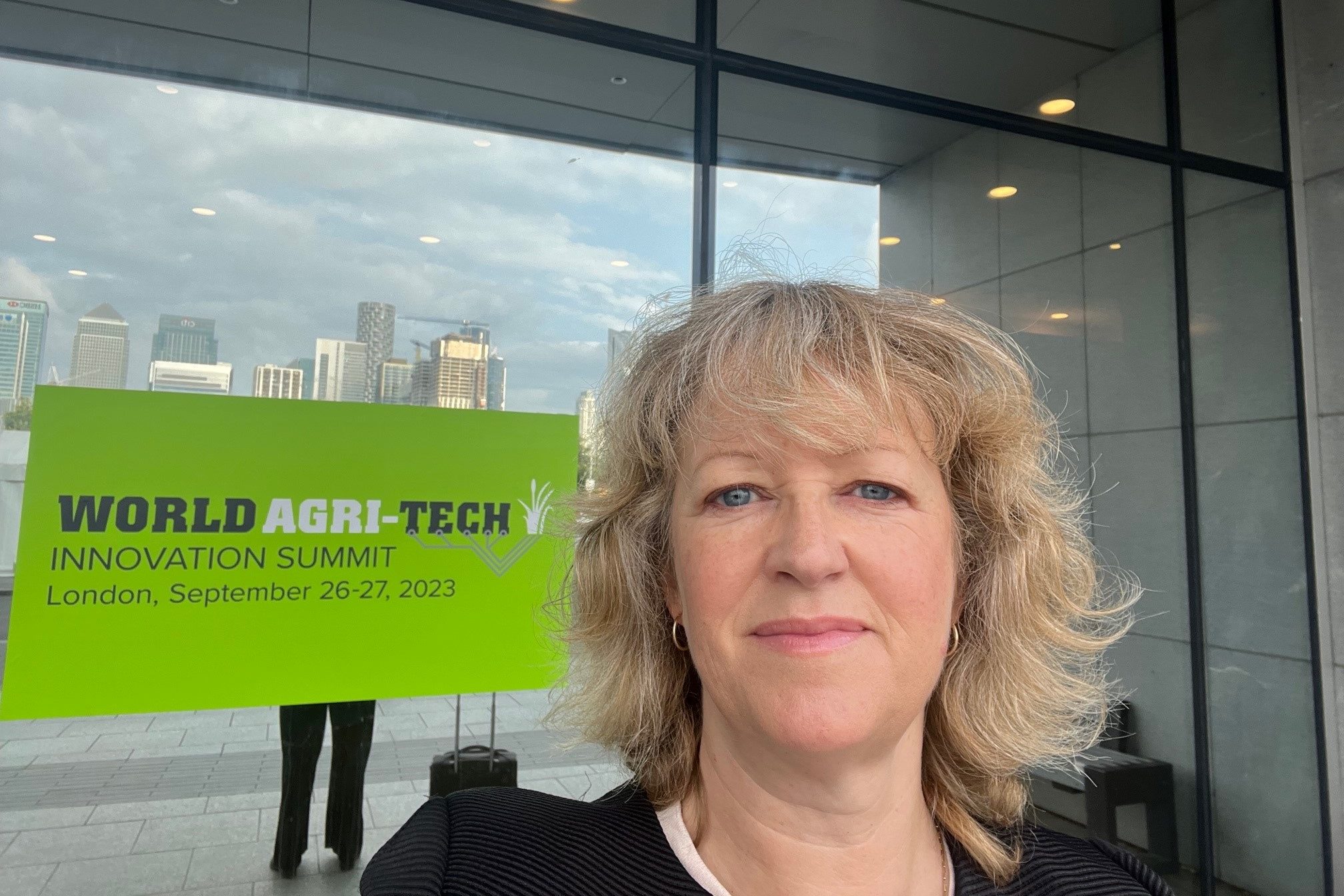
Source link


